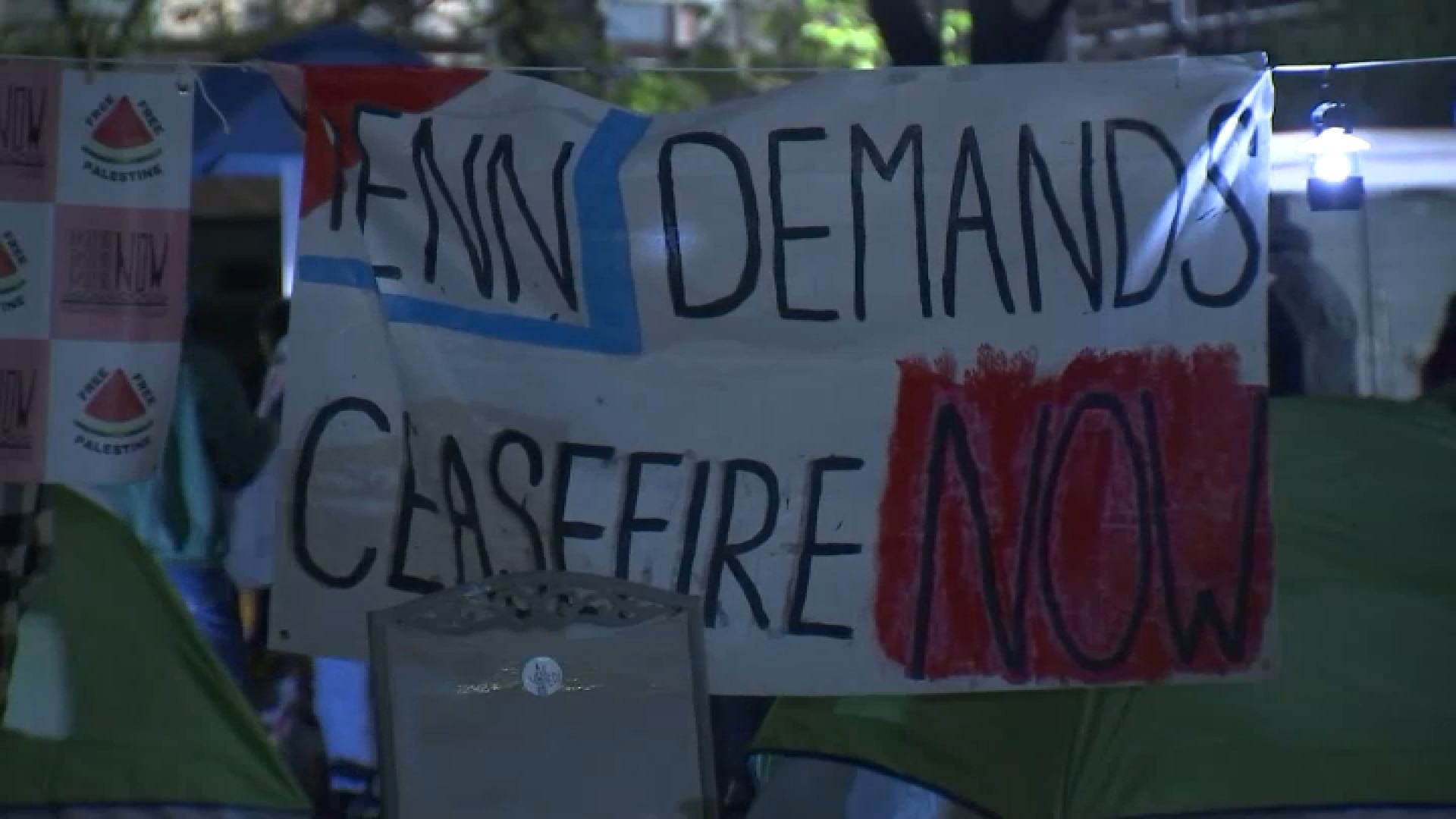Raising the retirement age for Pennsylvania judges from 70 to 75 may strike many as common sense, given the longer life span of people these days.
But a proposed constitutional amendment pending before legislators could cause a cascade of complications, depending on the timing of any decision lawmakers make to put the measure before voters for final approval.
Twenty judges turn 70 next year, and under current law would have to resign by the end of 2015. Among the 20, elections will be held for 14 common pleas judgeships, five magisterial district judgeships and one seat on Commonwealth Court.
But when the retirement age was extended in the past, at least one judge argued he could remain on the bench even after voters elected to replace him. For a while, both were allowed to serve.
Senate Majority Leader Jake Corman, R-Centre, said lawmakers will have to consider this potential dilemma. He said he was unsure what to do about the judges who are about to turn 70.
"I guess that's something we're going to have to look at, but we haven't discussed it yet," Corman said.
The constitutional amendment easily passed both chambers last year. Corman said the timing of a second vote required before the proposal can be referred to voters remains undecided. If it does get approval a second time, the measure could go before voters in the primary or general election of next year, and would presumably take effect immediately upon voter approval.
Local
Breaking news and the stories that matter to your neighborhood.
"There's concern, from what I understand through the grapevine, three or four candidates are considering running for my seat," said Beaver County Common Pleas Judge Gus Kwidis, who turns 70 next month, with seven years left in his current term. "So, I mean, it could create a problem."
Kwidis said he plans to seek senior status and does not intend to challenge his newly elected successor, if it comes to that. But if others assert their right to stay on, they may have a strong legal case to make.
"There are only a few ways to remove a judge, and holding an election to replace him is not one of them," said Duquesne Law professor Bruce Ledewitz, an expert on the state constitution. "You've elected a judge to a 10-year term. You didn't elect them to a term ending at the time they got to the retirement age."
When voters amended the state constitution in 2001 to make the 70-year-old retirement mandatory by the end of the calendar year the judge turns 70, rather than on their actual birthdays, a Fayette County judge decided to stay on a bit longer, even though his replacement had already been nominated.
In that case, the Legislature with the governor's support passed a law revising the November election, allowing an extra judgeship in Fayette until the next judicial vacancy occurred and elevating the nominated judge to the bench. In theory, a similar situation could occur next year for 11 judgeships, if the constitutional amendment is approved in November.
The remaining nine who turn 70 next year are now in the last year of their terms and won't be legally eligible to run in the 2015 primary or, as in the case of three county judges, seek retention as the new year begins.
"I suppose that no matter what they do or how they do it, somebody's going to be caught in the middle," said Erie County Common Pleas Judge Shad Connelly, who turns 70 in February and whose term expires this year. "I suppose that's going to be pretty much inevitable, especially under the present systems we have."
Lawmakers could avoid potential complications altogether by waiting to move the amendment until 2016, when judicial races are not on the ballot in Pennsylvania. Also, voters will fill three vacancies on the state Supreme Court in 2015 and, if Democrats take two or three of them, the Republican-controlled Legislature may not want to lock in those justices for an extra five years.
But Rep. Kate Harper, R-Montgomery, the constitutional amendment's prime sponsor, said holding off until 2016 shouldn't be a political decision.
"You don't change the constitution for short-term or political gain," she said. "It should be something that benefits the system as a whole for a long time."



